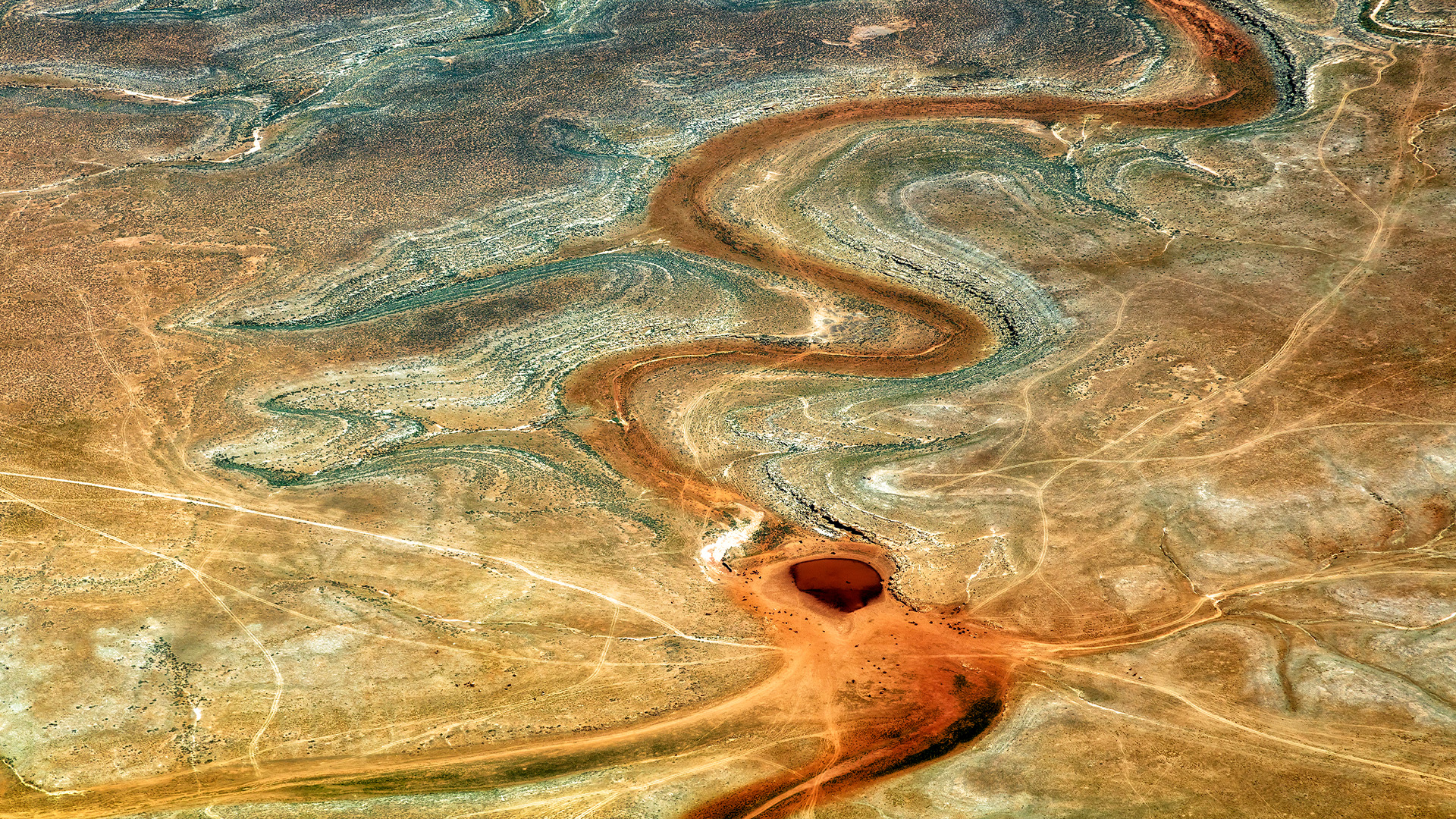Ancient groundwater records reveal worrying forecast for US Southwest
Groundwater records from the last ice age indicate that aquifers in the U.S. Southwest are more sensitive to global warming than aquifers in the Pacific Northwest.

Get the world’s most fascinating discoveries delivered straight to your inbox.
You are now subscribed
Your newsletter sign-up was successful
Want to add more newsletters?

Delivered Daily
Daily Newsletter
Sign up for the latest discoveries, groundbreaking research and fascinating breakthroughs that impact you and the wider world direct to your inbox.

Once a week
Life's Little Mysteries
Feed your curiosity with an exclusive mystery every week, solved with science and delivered direct to your inbox before it's seen anywhere else.

Once a week
How It Works
Sign up to our free science & technology newsletter for your weekly fix of fascinating articles, quick quizzes, amazing images, and more

Delivered daily
Space.com Newsletter
Breaking space news, the latest updates on rocket launches, skywatching events and more!

Once a month
Watch This Space
Sign up to our monthly entertainment newsletter to keep up with all our coverage of the latest sci-fi and space movies, tv shows, games and books.

Once a week
Night Sky This Week
Discover this week's must-see night sky events, moon phases, and stunning astrophotos. Sign up for our skywatching newsletter and explore the universe with us!
Join the club
Get full access to premium articles, exclusive features and a growing list of member rewards.
Aquifers in the U.S. Southwest will be more badly affected by climate change than those farther north, a new study suggests.
Climate models predict that a warmer climate will lead to less rainfall in regions like Southern California and wetter weather in the Pacific Northwest. But what could really spell trouble for the Southwest is that groundwater pools there are more sensitive to climate shifts than pools farther north, researchers said.
Modern aquifer records are poor indicators of what happens when Earth gets warmer, because humans have pumped out huge amounts of groundwater. So instead scientists looked at records from the past, with the end of the last ice age (2.6 million to 11,700 years ago) revealing some of the changes that might be coming our way.
"The last ice age gives us a window to explore groundwater dynamics that might be quite relevant to future change," study lead author Alan Seltzer, an associate scientist specializing in marine chemistry and geochemistry at Woods Hole Oceanographic Institution, said in a statement.
Researchers looked at the period between 11,000 and 20,000 years ago, when ice sheets retreated from North America and storms moved northward. Before this period, what is now the U.S. Southwest received abundant rainfall, while the present-day Pacific Northwest was relatively dry. But by the start of the Holocene — the current geological epoch — the climate had shifted to resemble today's patterns, with a wet Northwest and a drier Southwest.
For the new study, Seltzer and his colleagues analyzed ancient groundwater from the Palouse basin aquifer, which sits beneath Washington and Idaho. Ancient groundwater holds geochemical clues, such as dissolved noble gases, that can reveal past changes in water table depth.
Get the world’s most fascinating discoveries delivered straight to your inbox.
The researchers measured different versions, or isotopes, of the noble gases krypton and xenon from 17 wells in the aquifer, which enabled them to reconstruct water table depths over 9,000 years of global warming.
The scientists then compared these records with records from the San Diego aquifer in Southern California that Seltzer and other researchers had previously compiled in a 2019 study. The researchers revealed their findings in a new study published June 11 in the journal Science Advances.
In response to global warming and drier conditions at the end of the last ice age, water table levels in Southwestern aquifers dropped sharply. In contrast, water table levels in the Pacific Northwest stayed surprisingly stable, despite an increase in rainfall, according to the new study.
The reason for this may be that groundwater systems with a shallow water table — where water sits nearer the surface, such as the Palouse basin — are able to transfer more water to neighboring soils than systems with a deep water table, so they remain relatively stable. Surface soils are less compact, and can therefore hold more water than deeper soils.
Systems with a deep water table, such as the San Diego aquifer, are more sensitive to changes in rainfall. Without precipitation, these aquifers rapidly dry out, according to the study.
To confirm their findings, the researchers compared the ancient groundwater data from the aquifers to groundwater processes in an Earth system computer model. "The model gave almost exactly the same answer as the isotope measurements," Seltzer said.
Overall, the research suggests that aquifers are more vulnerable to climate change in the Southwest, which is predicted to get drier over the coming decades, than in the Pacific Northwest. Millions of people in the Southwest depend on groundwater to live — and "these results should help direct research and adaptation efforts" to combat water insecurity, study co-author Kris Karnauskas, a climate scientist and associate professor at the University of Colorado Boulder, said in the statement.

Sascha is a U.K.-based staff writer at Live Science. She holds a bachelor’s degree in biology from the University of Southampton in England and a master’s degree in science communication from Imperial College London. Her work has appeared in The Guardian and the health website Zoe. Besides writing, she enjoys playing tennis, bread-making and browsing second-hand shops for hidden gems.
You must confirm your public display name before commenting
Please logout and then login again, you will then be prompted to enter your display name.
 Live Science Plus
Live Science Plus










